Africa is emerging as a key investment destination for Chinese electric vehicle manufacturers seeking to go global, with some of them opening flagship stores and assembly plants on the continent.
E-mobility investments are expected to help reduce harmful emissions, thus mitigating environmental challenges. Additionally, electric vehicles present numerous economic advantages over traditional combustion engines because they don't require fuel and their maintenance costs are low.
Xn Iraki, an associate professor at the University of Nairobi's Faculty of Business and Management Sciences, said Africa is a new market with huge potential, which is the reason it's appealing to Chinese EV makers.
This is in addition to the fact that many motorists are shifting to electric vehicles due to high fuel prices.
Data from the World Food Programme indicate that petrol prices across the East African region averaged $1.3 per liter, a year-on-year rise of 64.6 percent in the third quarter of 2024.
Compared to vehicles manufactured in other parts of the world, Iraki said Chinese cars are reasonably priced, adding that China has acquired a good understanding of Africa's consumption habits.
He projects that Chinese electric vehicle makers will continue to invest not only in Africa but also globally, and that they are likely to dominate the market if their cars remain affordable and reliable.
In late October, Moja EV Kenya, a distributor of Chinese EV maker Neta, introduced 100 Chinese-made Neta V taxis and plans to increase the number to 500 by mid-2025. This followed the opening of its flagship showroom in Nairobi in June.
To enable accessibility to the vehicles, the company partnered with financial institutions to create a system where clients can pay for taxi rides directly to drivers' bank accounts.
This arrangement will help taxi drivers build a financial history, enabling them to access loans and improve their economic status over time.
Erick Lumallas, the assistant to the CEO of Moja EV Kenya, said the company is also planning to bring in public vehicles and lorries, adding that currently, they are in discussions with public vehicle Savings and Credit Cooperative Organizations that have expressed interest in long-distance electric vehicles.
He added that they are waiting for the necessary licensing documentation, to start assembling the electric vehicles in Kenya with future plans to build the entire vehicle in the country.
Basi Go, a Nairobi-headquartered provider of electric bus solutions in sub-Saharan Africa, first introduced two electric vehicles in Kenya in 2022, imported from BYD, a Chinese multinational manufacturing company and the world's largest EV manufacturer.
In 2023, the company partnered with Associated Vehicle Assemblers to fully assemble imported parts in Kenya. In October, the company announced plans to provide 1,000 electric buses in East Africa within the next three years.
Plans are also underway to expand to Rwanda, where the company has received over 300 reservations from bus operators.
BYD Auto also entered the South African market in 2023 with the Atto 3 and released a Dolphin model this year.
Enviro Automotive, a South African importer and distributor of multibrand electric vehicles, introduced a Chinese-made Dayun Yuehu, a four-seater mini SUV electric car, into the country in July, which is the cheapest electric vehicle so far, retailing at just under $21,899.
Data from the National Association of Automobile Manufacturers of South Africa indicated that sales of electric vehicles surged this year, with 324 units having been sold in the third quarter of 2024 compared to 218 units sold in the same period in 2023.

















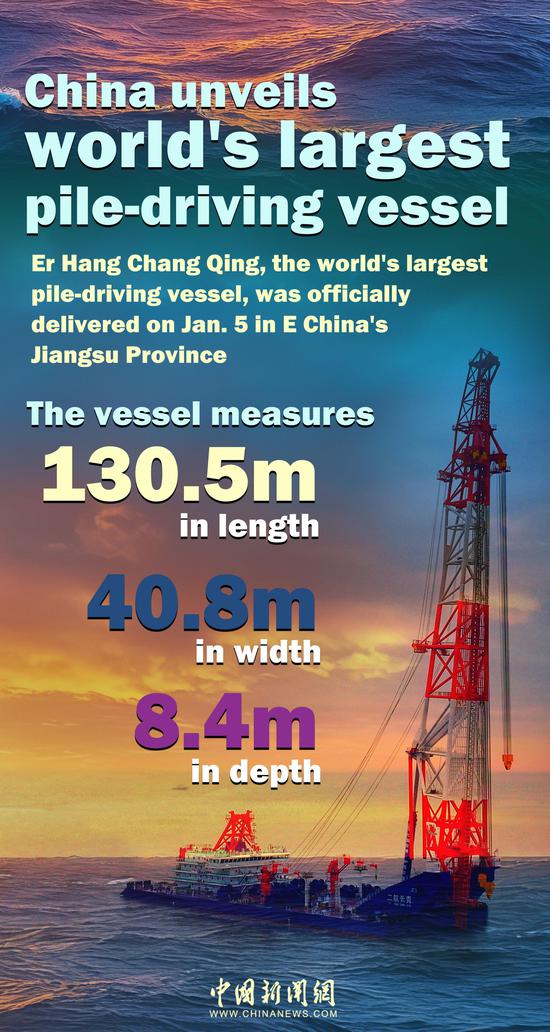
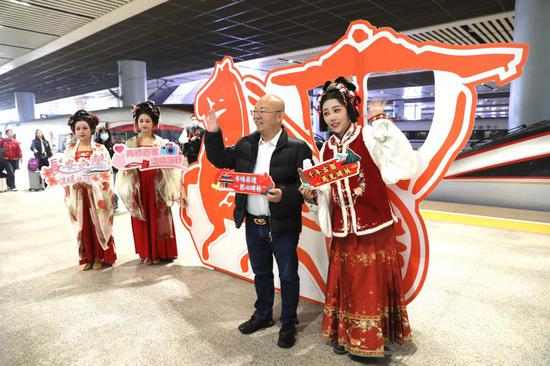




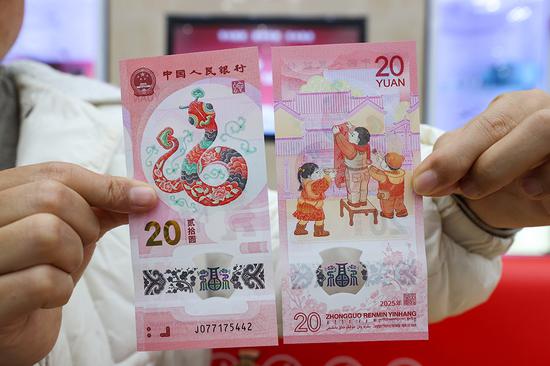

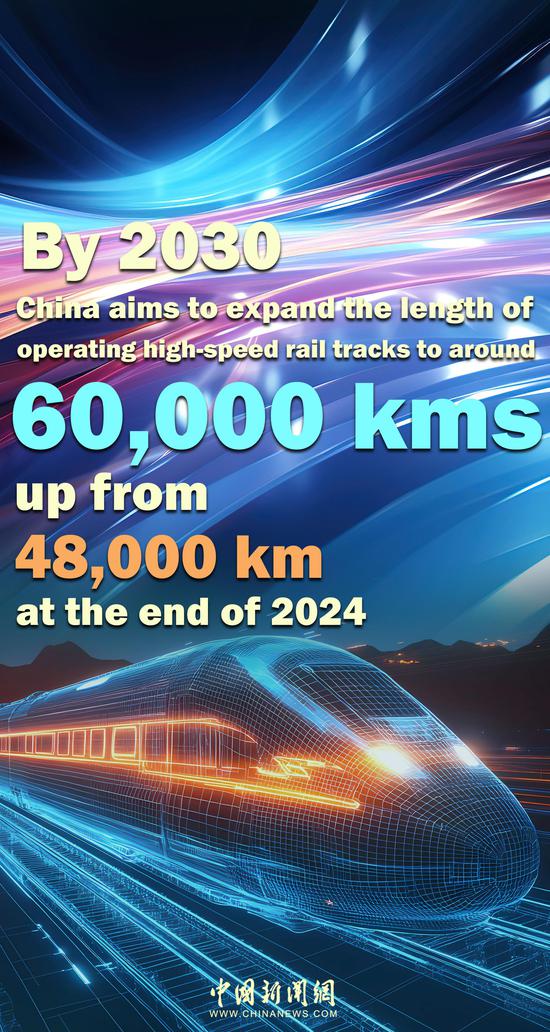
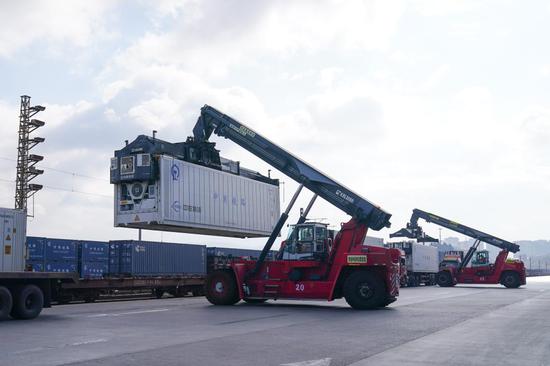







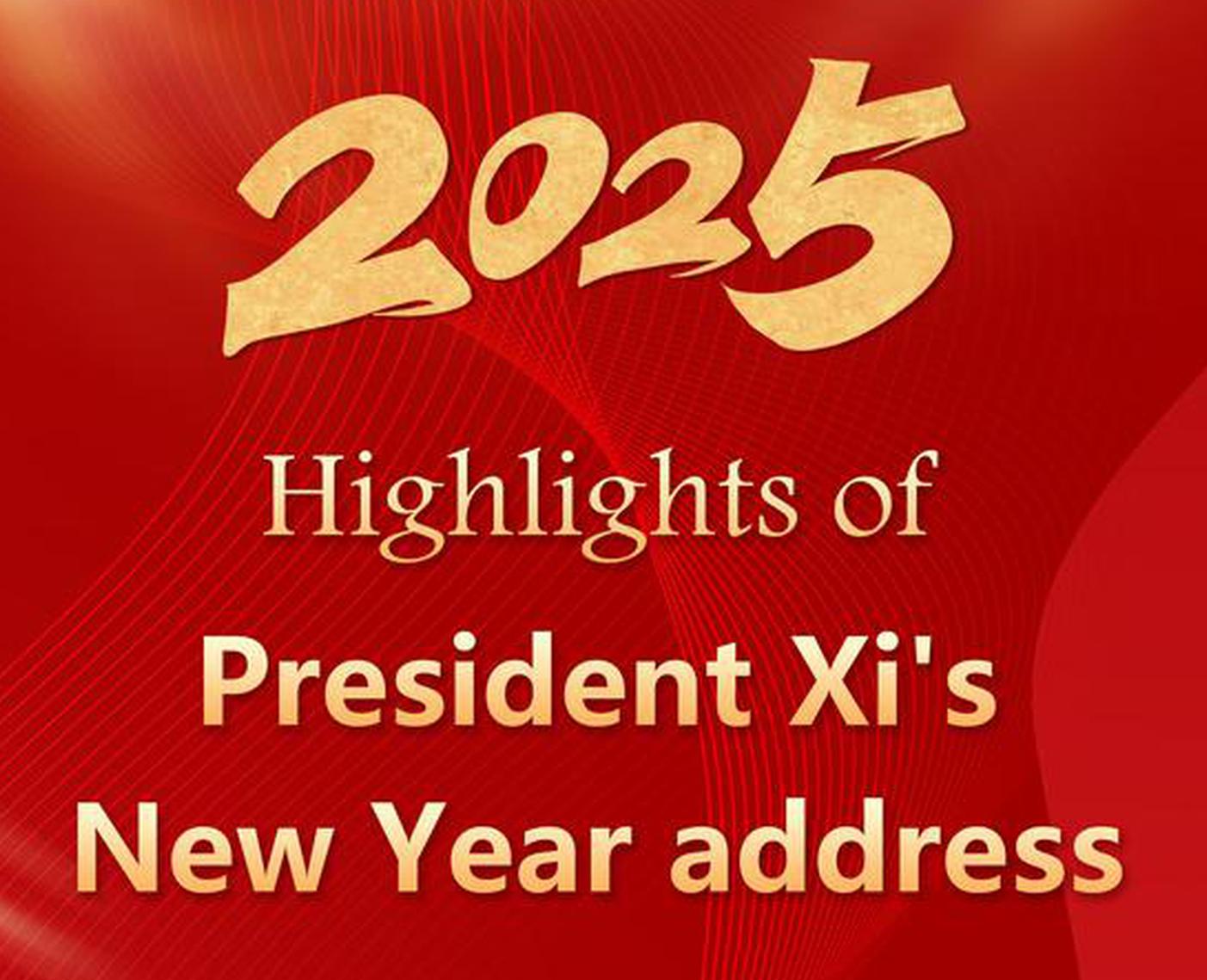




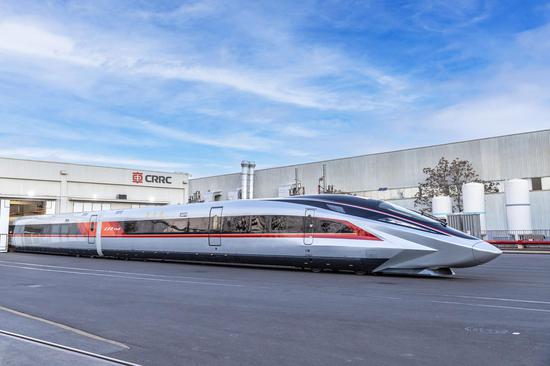
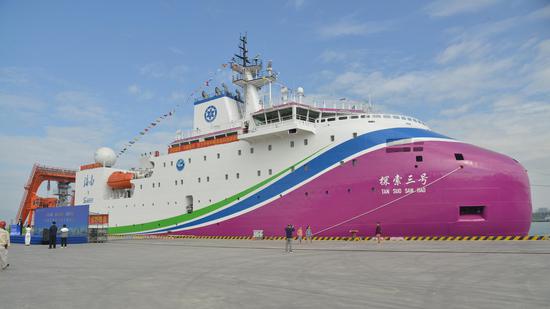









 京公网安备 11010202009201号
京公网安备 11010202009201号